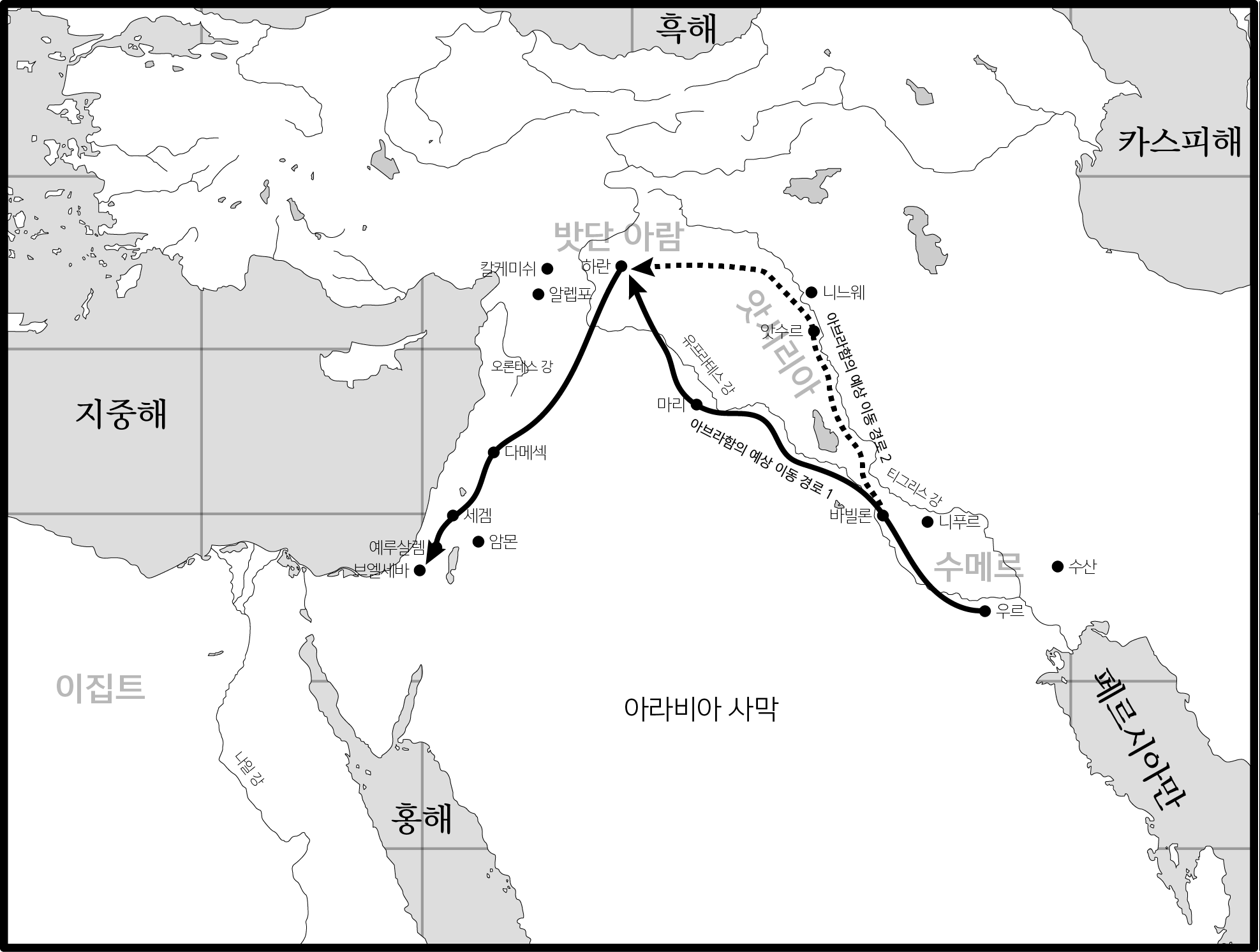
[Rofe] Ephraimite versus Deuteronomistic History
Ephraimite versus Deuteronomistic History
Rofe, Alexander. “Ephraimite Versus Deuteronomistic History.” Pages 221-236 in Storia E Tradizioni di Israel. Edited by Soggin, J. Alberto. Flero: Paideia Editrice Brescia, 1991.
According to M.Noth, Deut-2Kings constitutes one single composition. These works was composed by an single author. However, C.F.Burney asserted that Joshua 24-1Sam 12 was not Dtr, but belonged to a different historical school which he named “Late-Elohistic.” Alexander Rofé named this “Late-Elohisitc” “Ephraimite”. One cannot tell where the Ephraimite history started nor where it ended, but what is preserved is now extant between Josh 24 and 1Sam 12.
It was founded on traditions from the area of the Northern Kingdom which perished in 722BCE. The Ephraimite school flourished at the end of the Northern Kingdom. It preserves some of the cultural and religious legacy of the lost Ten Tribes.
Characteristics:
1.A totally North-Israelite account.
2.Its Heroes are Joshua (the Ephraimite), Ehud (the Benjaminite), Deborah from Mount Ephraim, Barak from Naphtali, Gideon From Manasseh, Jephtah (the Gileadite), Samson (the Dinite), Eli the priest from Shilo, Samuel (the Ephraimite).
3.Jerusalem is not mentioned as a holy locality. Instead of it, Shechem (Jos 24:1,25), Ophrah in the Lower Galilee (Judge 6:24), Mizpah of Gilead (Judg 11:11), Shilo (1Sam 1:7,9, etc.), Mizpah of Benjamin (1Sam 7:5-9), Ramah (1Sam 7:17; 9:5-25), Gilgal (1Sam 11:15) are mentioned. All places belong to the Northern tribes.
4.Most prominent tribe is Ephraim whose heroes Joshua and Samuel open and close the story.
5.Anti-Mornachism: the monarchy is illegitimate (Judg 9:8-15; 1Sam 8;11-18; 10:19a; 12:12-17) ↔ Deuteronomy
6.War: In all of these encounters Israel was passive. They did not fight; they wandered, led by the Lord, were assailed by other nations, the Lord intervened and delivered them ↔ Deuteronomy
7.Prophet: The prophets have a distinct role. They are not predictors; rather they castigate the people on past transgressions (Judg 6:7-10; 10:11-14; 1Sam 10:18-19a) or present them with alternative, prodding them to choose the right way (Josh 24:1-28; 1Sam 11:14-12:25) ↔ Deuteronomy (Deut 18:21-22)
8.There is no concept of the observance of the Torah. In Ephraimaite history, the prophets call to fear the Lord, to hearken his voice and serve Him exclusively. They never mention the observance of the Torah (Moses is yet to come).


